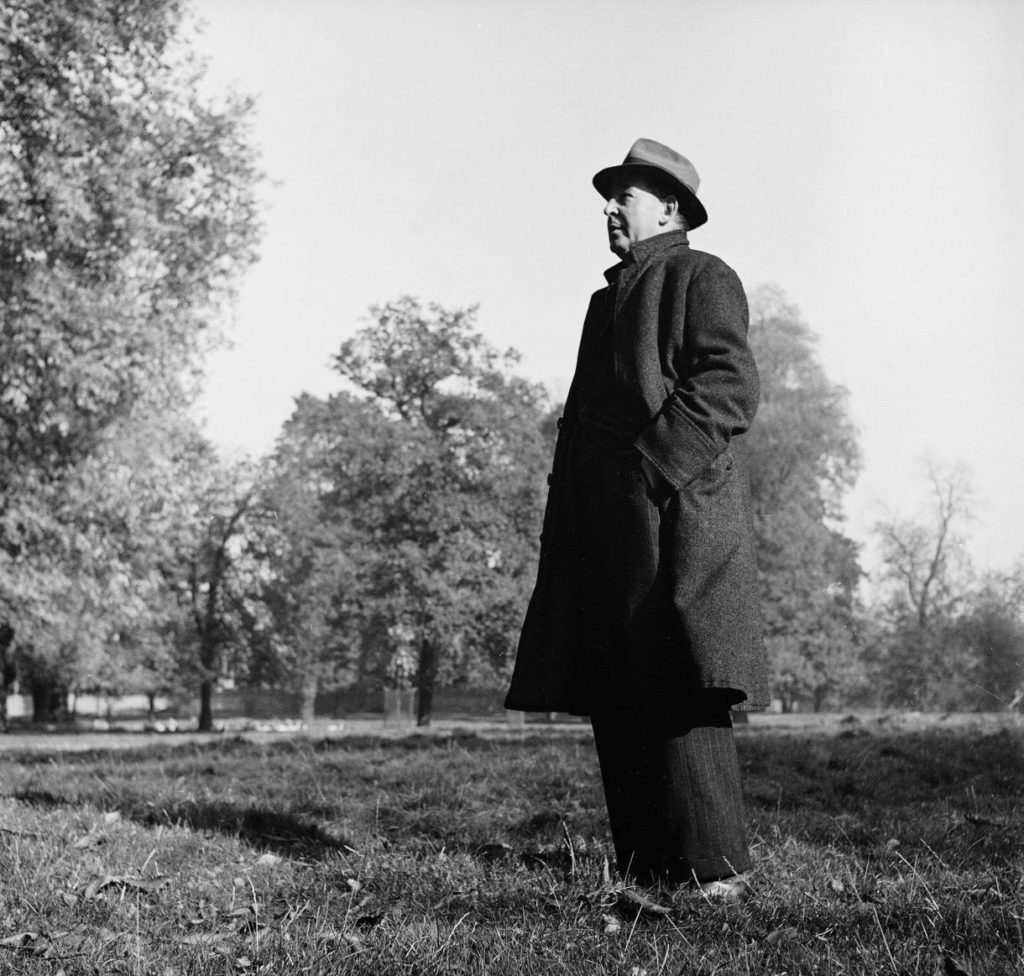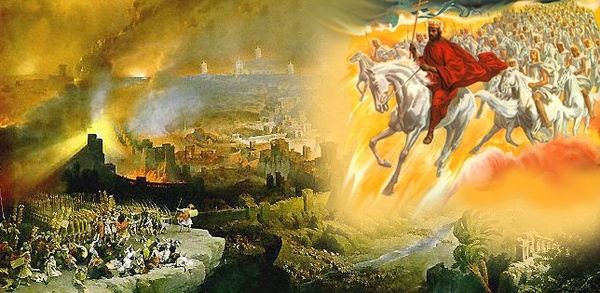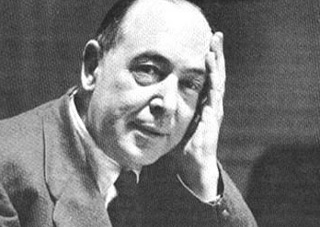
“It seems to me impossible to retain in any recognisable form our belief in the Divinity of Christ and the truth of the Christian revelation,” C. S. Lewis remarked, “while abandoning, or even persistently neglecting, the promised, and threatened, Return.”
The world likes Christ’s first coming, His nativity, because we get presents and feel-good Hallmark movies—you know, that amorphous “Christmas spirit” that is bereft of the Christ of Christmas. The Second Coming concept, though, as Lewis notes, is, for some, more of a threat. “What if it were really true,” they muse, “and I’m really going to be judged after all?” If it were really true? Lewis affirms, “If this is not an integral part of the faith once given to the saints, I do not know what is.”

It’s in his essay “The World’s Last Night” that Lewis shares these thoughts on Christ’s Second Coming, a doctrine that is sometimes all that some Christians can think about, and at other times much too neglected. I remember my college days when some of us in our newfound faith earnestly believed that Jesus was coming back imminently. One friend even claimed a vision in which a cake came down from heaven with a very specific year for that Return. Well, that year is now more than forty years in the past. If it was a real vision, the interpretation was misunderstood.
The tendency to neglect the doctrine, of course, is what the unbelieving world seeks to do. Surely this is a fairy tale of some type—they hope. Yet Lewis has a strong word for the spirit of our age:
The doctrine of the Second Coming is deeply uncongenial to the whole evolutionary or developmental character of modern thought. We have been taught to think of the world as something that grows slowly towards perfection, something that “progresses” or “evolves.”
Christian Apocalyptic offers us no such hope. It does not even foretell (which would be more tolerable to our habits of thought) a gradual decay. It foretells a sudden, violent end imposed from without; an extinguisher popped onto the candle, a brick flung at the gramophone, a curtain down on the play–“Halt!”

That’s the last thing many want to hear. Lewis doesn’t stop there, though, with merely a statement of doctrine, essential as that is. He carries it further by making it quite personal. “What is important is not that we should always fear (or hope) about the End but that we should always remember, always take it into account.” Then he uses an analogy to clarify that point:
A man of seventy need not be always feeling (much less talking) about his approaching death: but a wise man of seventy should always take it into account. He would be foolish to embark on schemes which presuppose twenty more years of life: he would be criminally foolish not to make—indeed, not to have made long since—his will.
Now, what death is to each man, the Second Coming is to the whole human race.
Lewis’s analogy strikes home with me personally as I get nearer that age he mentioned. And what we all have to realize is that, most likely, we won’t be here anymore when the Second Coming occurs—at least, not the Grand Event. But there will be a personal Second Coming for each of us when we die. That’s when we will see Jesus face to face. Some will enter His presence with joy; others will shrink from that presence and be consigned to an eternity apart from Him.
It’s what we decide about Him in this life that determines what our response will be when, at last, we no longer see through a glass darkly.
